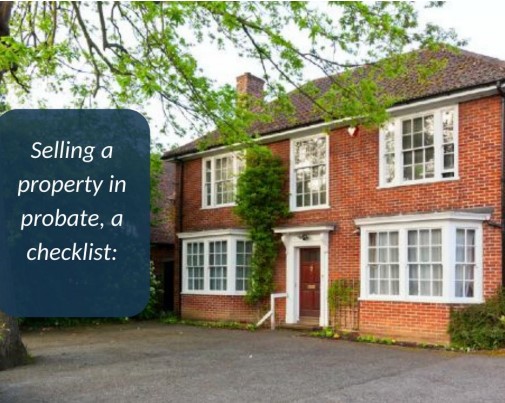House Prices Flatline as Market Begins to Cool
House Prices Flatline as Land Registry figures show prices remained unchanged in June, offering more evidence that the market may be beginning to slow down
There was no change in average national house prices in June compared to May, according to the latest Land Registry statistics released yesterday.
The annual increase in national house price appreciation remains high at 6.4%, but that is less than the 6.7% displayed last month. The average cost of buying a house in the UK is now £172,011.
Even in London, where annual house price rises have far exceeded those seen in the rest of the country, there was only a 0.1% monthly increase. While the annual rate of increase in London is still massively higher than in other areas of the country, the rate is now 16.4%, which again, is lower then figures displayed in earlier surveys.
The regional differences in the cost to house buyers was once again highlighted by the governmental statistics which showed that, for instance, the North East has only seen annual rises of 0.8%. Furthermore, the cost of buying a home in Yorkshire and Humber has actually fallen by 1.3% over the course of the month from May to June.
In fact 7 out of the 10 areas reviewed witnessed house price depreciation between May and June, with only London, the South East and the West Midlands seeing average house buying costs rise.
The Land Registry figures come on the back of respective reports by the ONS and Hometrack that found a similar pattern of slowing house price appreciation, a Halifax survey that suggested house buyer confidence was at its lowest ebb in years and British Banker’s Association figures that show a reduction in mortgage approvals.
Many commentators and policymakers will point to the latest Land Registry findings, which are in many ways considered the gold standard of statistical evidence on the UK housing market, as vindication of recent macro-prudential measures introduced by the Bank of England.
The Bank’s Mortgage Market Review regulations came into effect in April, recent measures have restricted the amount of vulnerability to high loan to value mortgages banks are allowed as part of their portfolio and there is an intention to introduce measures to stress test potential house buyers to determine whether they would able to withstand the ramifications of the base rate being raised to 3%.
However, other financial experts will be quick to draw attention to the fact that, while the Land Registry figures are extremely reliable, they also display something of a time lag in comparison to other barometers of housing market activity. As such, the Bank of England’s policy measures may not yet have had time to influence the market to any significant extent.
While the effectiveness of the Bank’s measures may or may not be responsible, some commentators believe that there are other, slightly wider forces at work on the market.
It has long been the view that interest rates will rise by next year, and recent tough rhetoric from the Bank has led to widespread fears that they may rise sooner. Similarly, the General Election is beginning to loom ever closer, a situation that always causes a level of uncertainty.
SPF Private Clients chief executive Mark Harris said:
“The latest Land Registry data points to the slowdown in the market which agents have been seeing over the past few months. Uncertainty surrounding a potential interest rate rise, and the outcome of the general election on the prime market which could result in the introduction of a mansion tax, are all having a cooling effect.”
The next few months will certainly be interesting. Interest rate hikes, the referendum on Scottish independence, the general election, macro-prudential policy measures, all may have an effect on the direction the housing market is set to take in the immediate future.
If house prices flatline for a prolonged period of time, or actually begin to depreciate, we could be having the opposite debates next year to the ones we have been engaging in throughout 2014.
If you have any concerns over which way house prices will go over the next few months, or if you simply want to sell your house fast with none of the stress or hassle often involved in selling property, contact the market leading direct cash house buying company National Homebuyers. We buy any house, regardless of your property’s condition or location and completely irrespective of your personal circumstances or reasons for wishing to sell your home.
Following the provision of a fast, comprehensive, no obligation valuation of your property, we guarantee to make a genuine and competitive cash offer to buy your house. If you would like to sell your home fast, chain, stress and hassle free, contact us by telephone on the number above, click the Live Chat option on any page of our website or fill out our online form now to get your cash offer.





